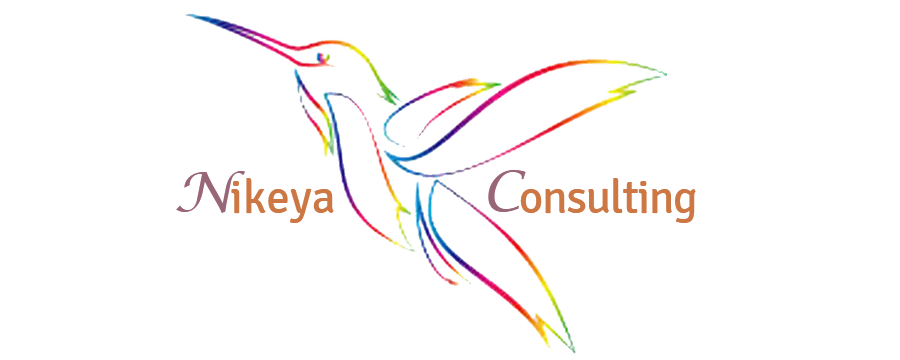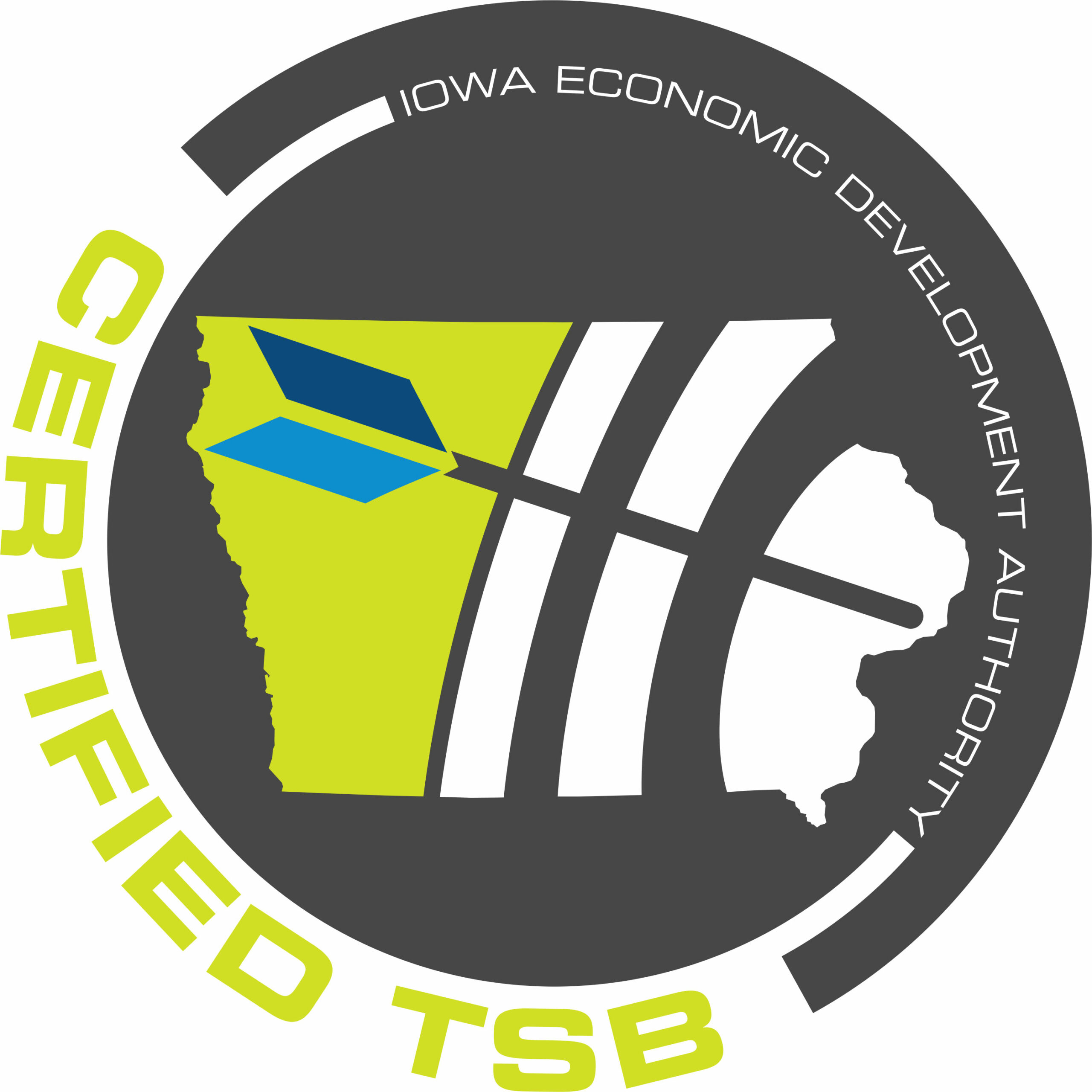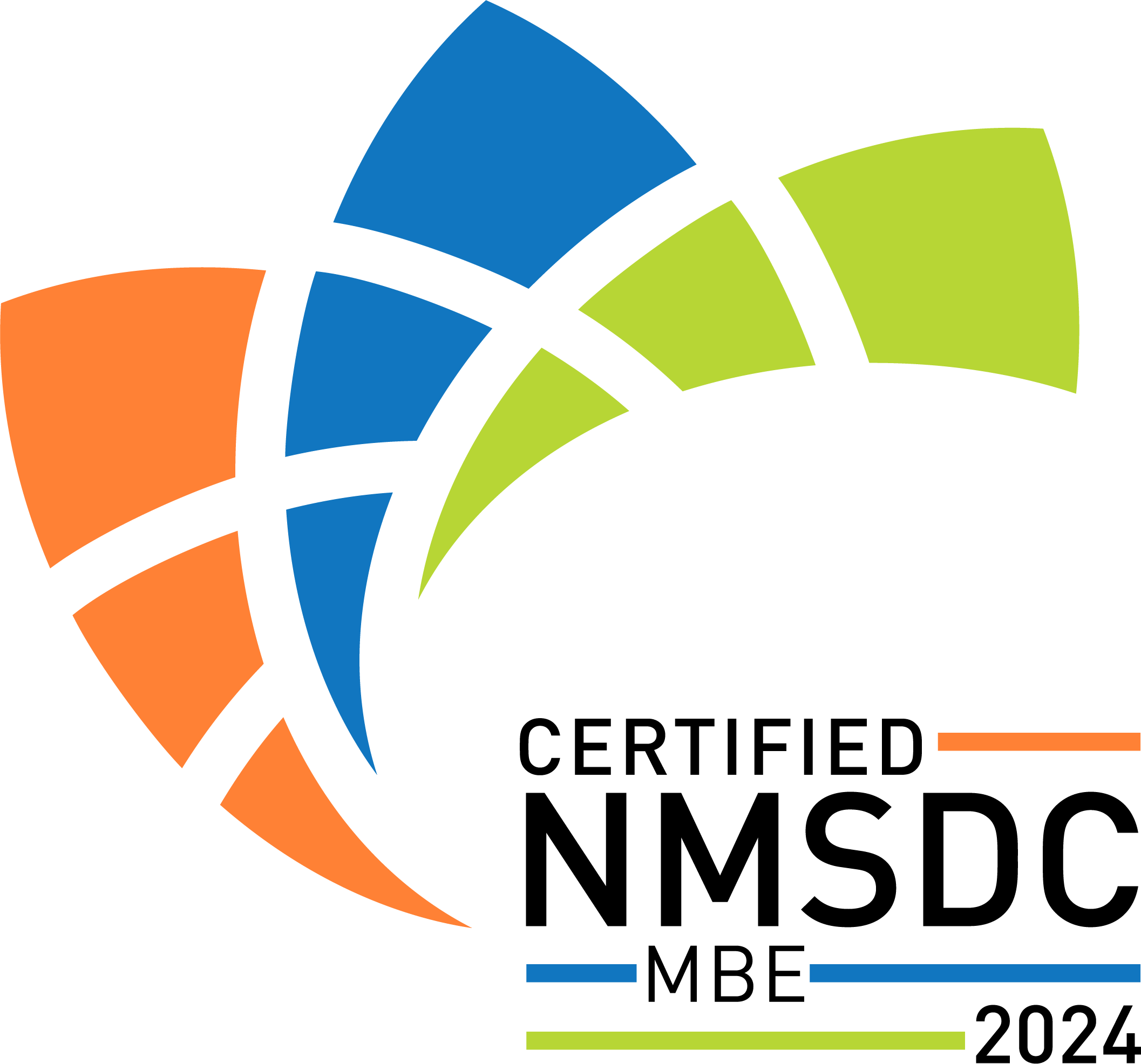Credentials for Inclusive Excellence: CDP® and CDE®
Diversity, equity, inclusion, and accessibility (DEIA) isn’t going away – it’s evolving – just as it always has. Culture is change management, and DEIA is embedded into its very foundation, shaping how organizations lead, operate, and grow. Companies that approach culture strategically rather than reactively will build stronger teams, mitigate risk, and position themselves for long-term success. While some may be uncertain about the path forward, one fact remains clear: culture is not static—it must be intentionally shaped, sustained, and aligned with business goals.
However, ineffective and unqualified DEIA efforts can do more harm than good. When organizations rely on untested strategies or talent without deep expertise, they risk misalignment, internal resistance, legal exposure, and lost business opportunities. DEIA done poorly can erode trust rather than build it, making it critical for leaders to ensure their approach is structured and designed for sustainable impact, not just intention.
The difference between success and failure isn’t whether organizations engage in DEIA, but how they do it. When done strategically based on values that engages all stakeholders, inclusion drives innovation, attracts top talent, and strengthens market relevance. When approached without structure or expertise, it creates inefficiencies and weakens an organization’s credibility.
Nikeya Consulting is proud to be an Official Provider of the #1 globally recognized DEI credentialing curriculum through our partnership with the Institute for Diversity Certification (IDC)®. Thousands of professionals across all 50 U.S. states and more than 30 countries have earned the Certified Diversity Professional (CDP®) and Certified Diversity Executive (CDE®) credentials to drive organizational impact and strengthen leadership effectiveness.
We equip executive leadership teams and cross-functional stakeholders with certified, research-backed competencies to navigate complex cultural and business realities with confidence.
CDP® vs CDE®: Choosing the Right Credentials for Your Role
Certified Diversity Professional (CDP®)
The CDP® credential establishes a strong foundation for professionals responsible for integrating DEIA into workplace culture and business strategy. CDP® holders develop the competencies to assess organizational climate, align DEI initiatives with business objectives, and implement inclusive policies that drive measurable results. Designed for those new to the field or seeking to deepen their understanding, this certification equips professionals to move beyond awareness and advocacy to execute data-driven, sustainable inclusion efforts that enhance both workforce engagement and organizational success.
Certified Diversity Executive (CDE®)
The (CDE®) credential prepares senior leaders to drive enterprise-wide inclusion, cultural transformation, and business integration of DEIA. CDE® holders develop the competencies to align DEI with corporate strategy, governance, and risk management while embedding inclusive leadership into decision-making at every level. Designed for executives and business leaders responsible for leading change, this certification provides the strategic expertise needed to move beyond representation and drive measurable, sustainable impact.
CDP Competency
- The Role of a Diversity Practitioner
- The Business Case for Diversity, Equity, and Inclusion
- EEO Laws in the US and Abroad
- Harassment Around the World
- Diversity Recruiting, Engagement, and Retention
- Reinventing Diversity Training, Education, and Development
- Handling Difficult Conversations
- Resource Groups and Diversity Councils
- Empowering Women in the Workplace
- Disability, Accessibility, and Accommodations
- Generational Intelligence
- Designing Programs for Veterans
- Immigrant Groups in the Workplace
- Navigating Through Religion and Belief Systems
- LGBTQ+ Inclusion
- Measuring the Impact of Diversity, Equity, and Inclusion
CDE Competency
- Personal Awareness and Continuous Learning
- Improving Your Approach to the Bottom Line
- The Elements of Leading a Large-Scale DEI Effort
- Managing the DEI Talent Life Cycle
- Global Best Practices for an Inclusive Culture
- Bias in People, Policies and Practices
- Boardroom Diversity
- Supplier Diversity
- Integrating Cultures Amidst Merger and Acquisition Activity
- Innovation Through DEI
- Race, Power, and Privilege
- Executive Commitment, Engagement, and Sponsorship
- Strategic Purpose and Partnerships
- Connecting Demographic Shifts to Organizational Strategy
- The Next Generation of Diversity, Equity & Inclusion Work
- Advanced Data Insight and Analysis
Enterprise-Wide Credentials for Cross-Functional Executive Leadership Teams &
Culture-Influencing Stakeholder Groups
Our firm was the first to certify entire executive teams globally, we set the standard for enterprise-wide inclusive leadership development. Our approach ensures that cross-functional executive leadership teams and key stakeholder groups—including HR, operations, legal, finance, marketing, business unit leaders, ERG leaders, diversity and inclusion practitioners, and high-impact individual contributors—gain the competencies to embed inclusion into every aspect of business strategy.
Our team-based credentialing model is designed for organizations seeking to build cohesive leadership alignment and systemic DEI integration across departments and job functions. Through virtual or onsite delivery, we provide:
• Scalable solutions for executive teams, inclusion councils, ERG leaders, HR professionals, business unit leaders, and cross-functional groups
• A structured, research-based curriculum tailored for enterprise-wide impact
• Access to a global learning management system with industry-specific resources
• Exclusive networking opportunities within a global community of certified leaders and practitioners
Organizations that invest in group certification create higher-impact, sustainable outcomes by ensuring that leaders and key stakeholders—across all functions and levels—share a common language, drive strategic alignment, and reinforce a culture of inclusion throughout the organization.







 Iowa Targeted Small Business
Iowa Targeted Small Business SBA Women Owned Small Business
SBA Women Owned Small Business National Minority Supplier Diversity Council
National Minority Supplier Diversity Council